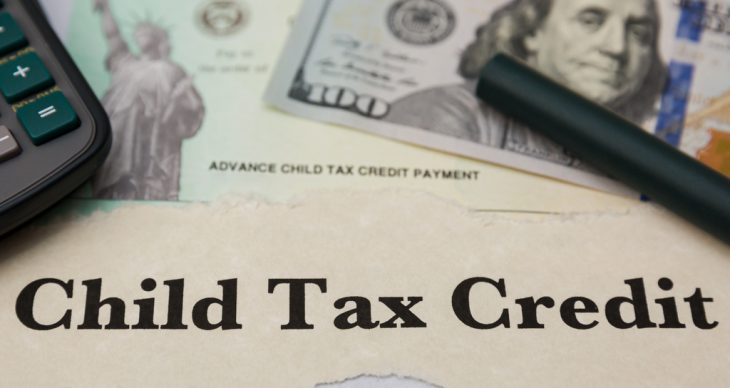The Child Tax Credit is the primary tax credit for families with children. While not a direct cash assistance payment, this credit helps offset costs associated with raising kids by reducing the amount of income tax you owe. The maximum Child Tax Credit you can receive for the 2025 tax year – which will be filed in 2026 – is going to be $2,000 per qualifying child under the age of 17.
However, if you do not have a high enough income tax to benefit from the Child Tax Credit fully, you may be eligible to receive the Additional Child Tax Credit instead. For 2025 tax returns (filed in 2026), this refundable credit can be worth up to $1,700.
During and immediately after the wake of the COVID-19 pandemic, the IRS changed the Child Tax Credit to provide more significant family tax relief and financial assistance. It gave families the opportunity to receive advance payments of the credit and increased the amount to $3,600 per child.
However, you needed to meet certain requirements, like claiming the credit during 2021 or providing the IRS with your information in 2021 to receive Economic Impact Payments (stimulus checks).
Since then, the Child Tax Credit has returned to its original format and lower amounts. Some states, like New York, California and Colorado, implemented their own state-specific credits for taxpayers. To see if your state offers something similar, visit your state’s tax website.
In addition to the CTC, you may be eligible for additional family tax relief credits such as:
Working Family Household and Dependent Care Credit: This refundable working family credit helps low and moderate-income families care for their children and dependents while working or searching for employment. To qualify, you must meet income-based criteria, and either you or your spouse must be working, or looking for work (or attending school if you are single). Additionally, you can receive the credit if one spouse is working and the other is attending school or disabled.
Child and Dependent Care Tax Credit: You can earn this non-refundable tax credit for families if you have at least one child under the age of 13 that you paid to be cared for so that you could work or look for work.
Earned Income Tax Credit: The Earned Income Tax Credit is a refundable credit for low-income people that have earned income through wages, farming, or self-employment but meet income-based criteria. Having children means that you can qualify for a larger Earned Income Tax Credit.
By Admin –
